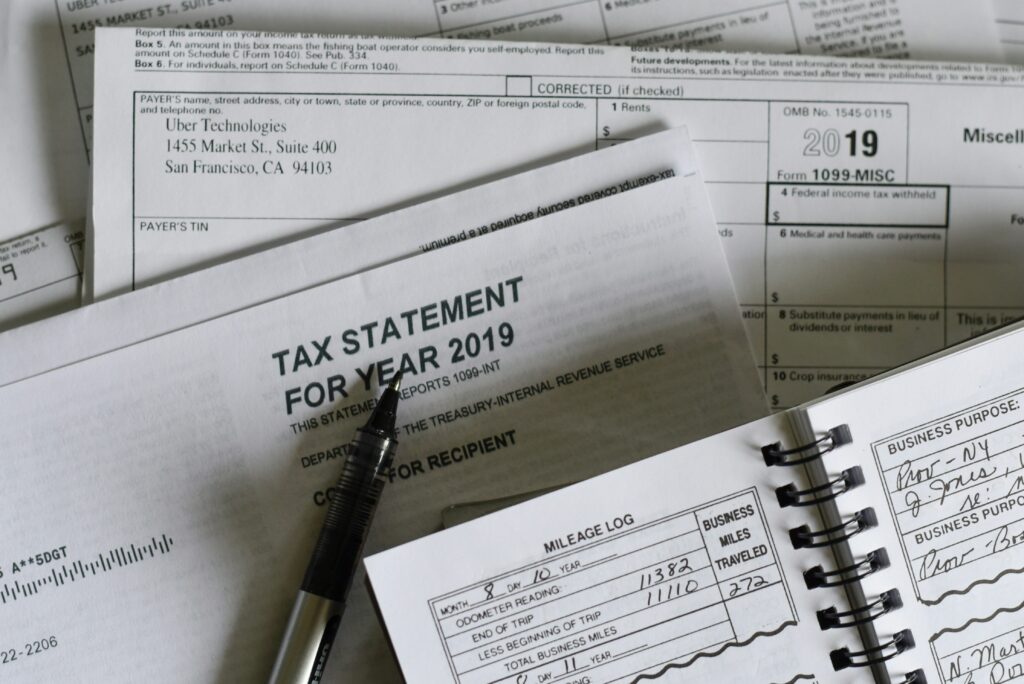Is it true that you are considering carrying on with work in Dominica or maybe taking into account it as your subsequent home? Assuming this is the case, understanding the tax ion framework in Dominica is fundamental. Dominica is much of the time viewed as a duty cordial ward and has executed different measures to draw in unfamiliar speculation. It offers a few expense impetus and bets that can be favourable for people and organisations trying to enhance their duties.

Besides, Dominica offers a program called the Economic Citizenship Program (ECP). otherwise called the Dominica Citizenship by Investment (CBI) Program. By making a qualifying investment, people can get Dominican citizenship and exploit the nation’s tax breaks.
Tax system in Dominica
Dominica is an island country situated in the Caribbean known for its regular excellence, amicable individuals, and alluring tax system. The tax system in Dominica is intended to draw in both local and foreign financial supporters with low expense rates and different impetuses. The assessment framework in Dominica is represented by the Income Tax Act, the Value Added Tax Act, and the Property Tax Act. Dominica works under a regional duty framework, where expenses are principally forced on pay and exercises inside the country. Far beyond that, Dominica has gone into double taxation agreements concurrences with a few nations to keep similar pay from being burdened in both Dominica and foreign nations. These arrangements give alleviation from the agreement and advance worldwide exchange and venture.
Tax residency of Dominica
In Dominica, tax residency is determined by the arrangements of the Annual Assessment Act. An individual is viewed as an expense occupant of Dominica in the event that one of the accompanying models:
Actual presence test
A person who stays through 183 days or more in Dominica during a fiscal year is viewed as a duty occupant.
Extremely durable home test
A person who has a long-lasting home in Dominica and is available in the country for something like 30 days during the fiscal year is viewed as a duty occupant.
Monetary home test
A person who isn’t a duty occupant of some other nation and has a monetary residence in Dominica is viewed as a tax resident. Significantly, regardless of whether an individual isn’t viewed as a tax resident of Dominica in light of the above standards. They might in any case be responsible for taxes on pay procured inside the country.
Occupants of Dominica are dependent upon individual annual expenses on expense overall pay. Including pay procured both inside Dominica and abroad. Non-occupants, then again, are for the most part burdened exclusively on their income from Dominica.
Taxes for legal entities in Dominica
In Dominica, legal entities are dependent upon tax collection under the arrangements of the Personal Assessment Act. Organisations consolidated in Dominica are burdened on their overall pay. Dominica has a 25% corporate duty rate however no capital increases charge, keeping expense, or branch charge. Notwithstanding, assuming your business is enlisted beyond Dominica and produces pay there, you might be burdened on that pay.
Vat in Dominica
The VAT in Dominica is a consumption tax that is applied to most goods and services. The standard VAT rate in Dominica is 15%. And it is charged on the worth of the goods and services provided. Except if the stockpile is named accommodation and diving exercises, in which case the rate is 10%. There are likewise products that are charged at zero percent. These incorporate merchandise for trade, clinical supplies, and essential food (rice, flour, sugar, etc.). A few goods and services are excluded from VAT in Dominica, including monetary administrations, land, and leases. Organisations that meet specific least income edges are expected to enlist for VAT in Dominica. The enlistment edge might fluctuate, and organisations surpassing the limit should apply for VAT enrollment inside within a determined period. Enlistment empowers organisations to charge and gather VAT on their available supplies and guarantee input VAT credits.
You may also find these articles helpful
